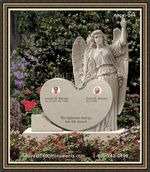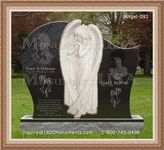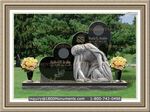|
Basics You Should Know When Learning Jewish Funeral Traditions
It is a Jewish funeral traditions not to leave the deceased unattended. The family or those conducting the funeral services must provide a Shomer, or watchmen, who will sit with the body until the burial. The very first person to be called upon a death is the rabbi, who decides upon a time for funeral proceedings. Funerals are typically held in the temple or synagogue, although many Jewish families are now opting for a graveside service only.
Unlike other funeral traditions, it is a Jewish custom to not view the body after death; it is seen as disrespectful since the deceased cannot look back. For this reason, Jewish funerals are typically closed casket.
Embalming, a process used for sanitation and temporary preservation, is avoided unless it is required by local law. The sacred society, or the Chevra Kadisha usually take on the role of preparing the body. This is a group of pious Jewish followers who perform the Jewish Taharah, or purification.
The body is bathed and dressed in shrouds, called Tachrichim, which is the traditional burial garment. It is a simple garment with no pockets that symbolizes the fact that we take nothing with us when we leave this world and that we will be judged by God on our deeds and merits and not material possessions.
Families are able to choose their own caskets and make decisions regarding funeral details, however Jewish custom calls for wooden caskets with no metal and no flowers at the funeral.
The funeral typically takes between 20 and 30 minutes in which the rabbi with conduct a reading of the Psalms, other chosen Scripture readings, and a reading of the eulogy. Prior to or following the service, family and other mourners conduct the K'riah, or rendering of the garment, where they tear their clothes or place a black ribbon on their clothes. This shows others that they are in mourning for the deceased. These Jewish funeral traditions have been somewhat modified over time, but are generally followed by most Jews.
|
|



























